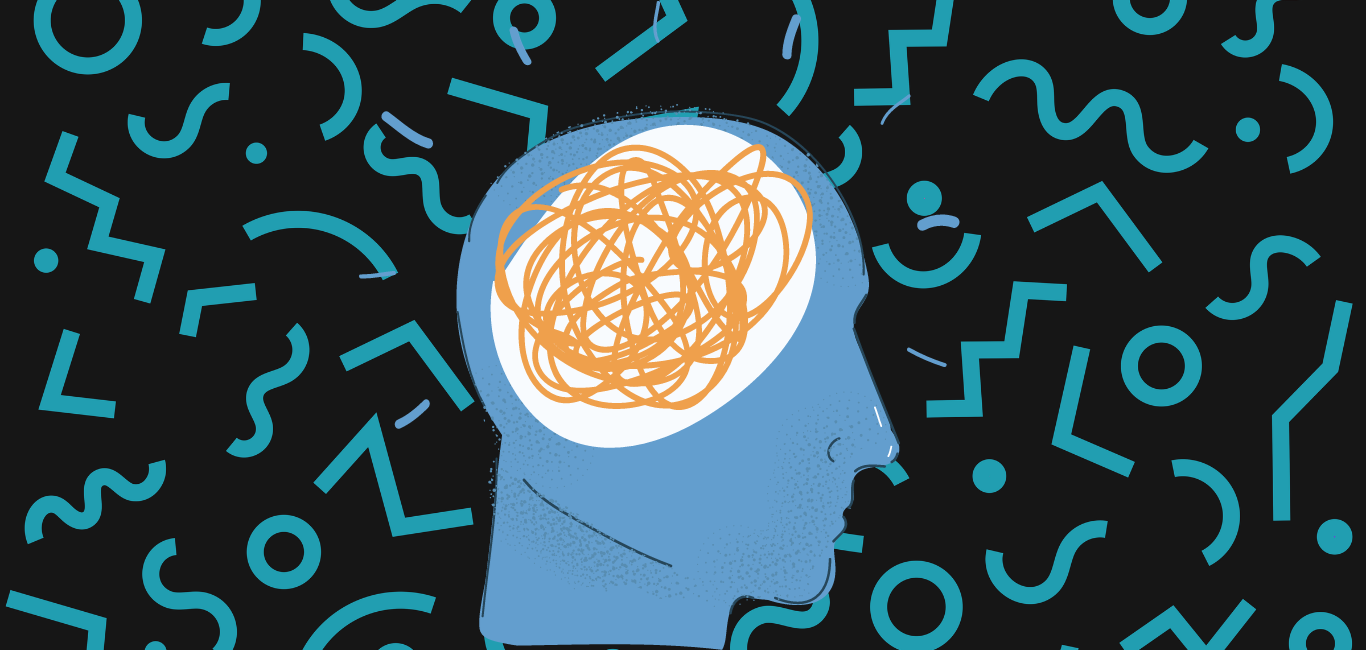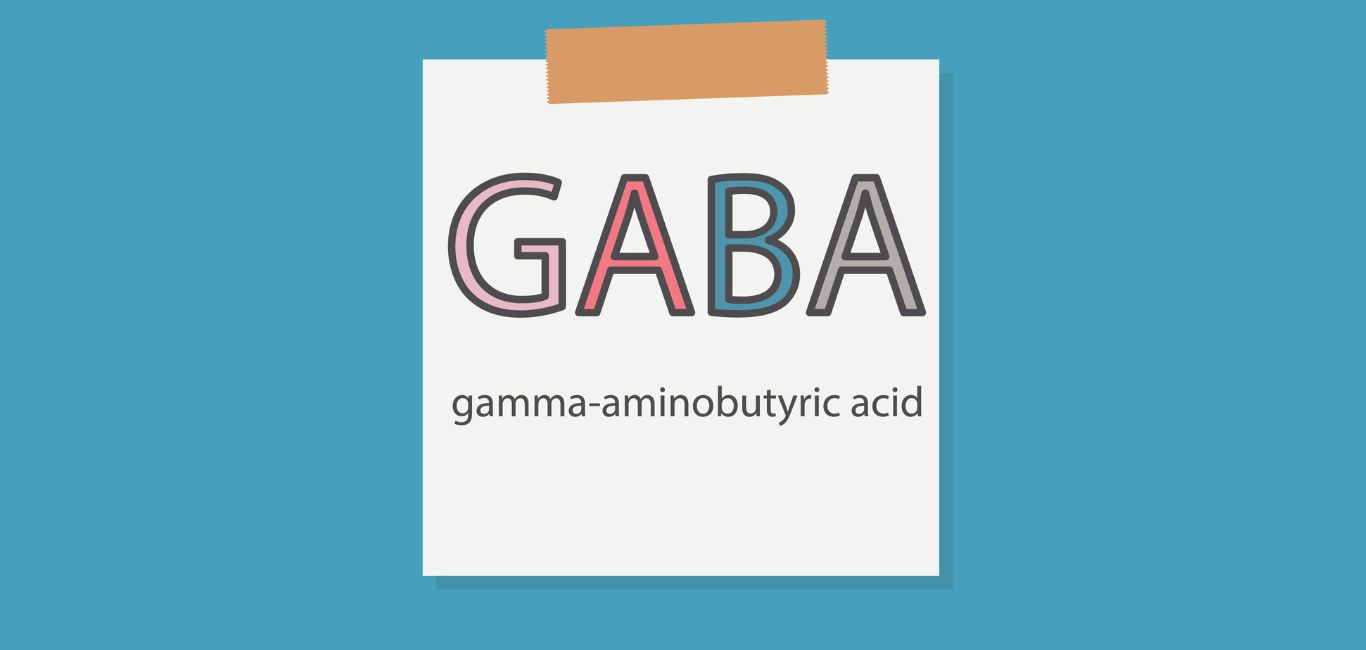
His palms are sweaty, knees weak, arms are heavy
He’s nervous, but on the surface, he looks calm and ready
This is how American rapper Eminem described the effects of anxiety in his popular number Lose Yourself. While the song might be fun to groove to, living those lyrics is certainly not.
Whether or not we are aware, a great many of us deal with anxiety on a regular basis. Given that it is a part of the body’s survival mechanism in the face of a threat, it is pretty much a part of the human experience. The nervous system prepares the body in such situations for fight or flight: either counter the danger or run away from it. To do this, the sympathetic arm of the nervous system does a host of processes like increasing the heart rate, delivering more oxygen to body parts like the limbs and prodding the liver to produce more glucose for energy. This forms the stress or anxiety response.
To this effect, anxiety appears beneficial. So, why does anxiety turn detrimental?
The answer lies in one’s perception of the threat. “Anxiety is a constant state of dread, worry, fear and catastrophic thoughts in response to a perceived threat,” says Dr Naveen Jayaram, psychiatrist at Carewell Clinic, Bengaluru.
Anxiety becomes an unwanted permanent resident in conditions like generalised anxiety disorder, panic disorders and certain phobias. And apart from causing physical issues, anxiety also has detrimental effects on the brain. “If a person feels anxious all the time, it damages the connections in the brain, thereby compromising the integrity of the regions” Dr Jayaram states. Here are four major effects of anxiety on the brain.
-
Stress hormones overload
The chronic perception of stress causes a sustained and unwanted production of the stress hormones – adrenaline and cortisol. High levels of these hormones trick the brain into remaining in a perpetual state of high anxiety. This further worsens the anxiety, hence feeding a vicious cycle.
-
An overexcited imbalance
In normal states, glutamate, a neurochemical, influences the excitatory state of neurons. In a push-pull mechanism, GABA, another neurochemical reduces the overactivity of neurons. Studies find that in states of anxiety, the GABA levels are low and glutamate levels are high. This imbalance causes the neurons to be overactive which not only worsens anxiety but also affects the overall functioning of the brain. Apart from GABA, serotonin is also low aggravating anxiety. Many anti-anxiety medications work by increasing the levels of serotonin and GABA.
-
Fear rules, rationality subsides
Dr Jayaram says that the amygdala is the part of the brain where fear processing and conditioning happens. When the amygdala senses any threat, it relays this information to the prefrontal cortex (PFC), the brain region responsible for rational thinking and problem-solving.
However, constant anxiety affects the amygdala. Studies that analysed brain scans during a panic attack found that this almond-shaped region enlarges. This increase in size severs the tight connections between the amygdala and the PFC. The PFC is no longer the ‘voice of reason’ and cannot help the brain to respond to the stimuli rationally because the amygdala is on overdrive. This causes the body to enter a hypervigilant mode.
-
Skewed memory
The hippocampus plays a significant role in learning and memory. This sea-horse shaped region along with amygdala, controls emotional memory recalling, and regulation. Anxiety tricks the hippocampus into storing the perceived fears as reality. This affects the person’s ability to remember things and form new memories. Dr Jayaram adds that increased cortisol levels can also cause the hippocampus to shrink affecting its functions.
Recovering from effects of anxiety
So how can we remove the apparent fear from a not so stressful situation? “The main aim is to help train the brain to relax,” says Dr Jayaram. And the first step is to be aware of your anxiety and not ignore it, he adds.
Talk therapy, support groups and breathing techniques can help in minimising the perception of the fear which reduces cortisol levels and calms down the sympathetic nervous system. However, Dr Jayaram says that extreme disorders like phobias call for psychotherapeutic interventions like exposure therapy and cognitive behavioural therapies.

















